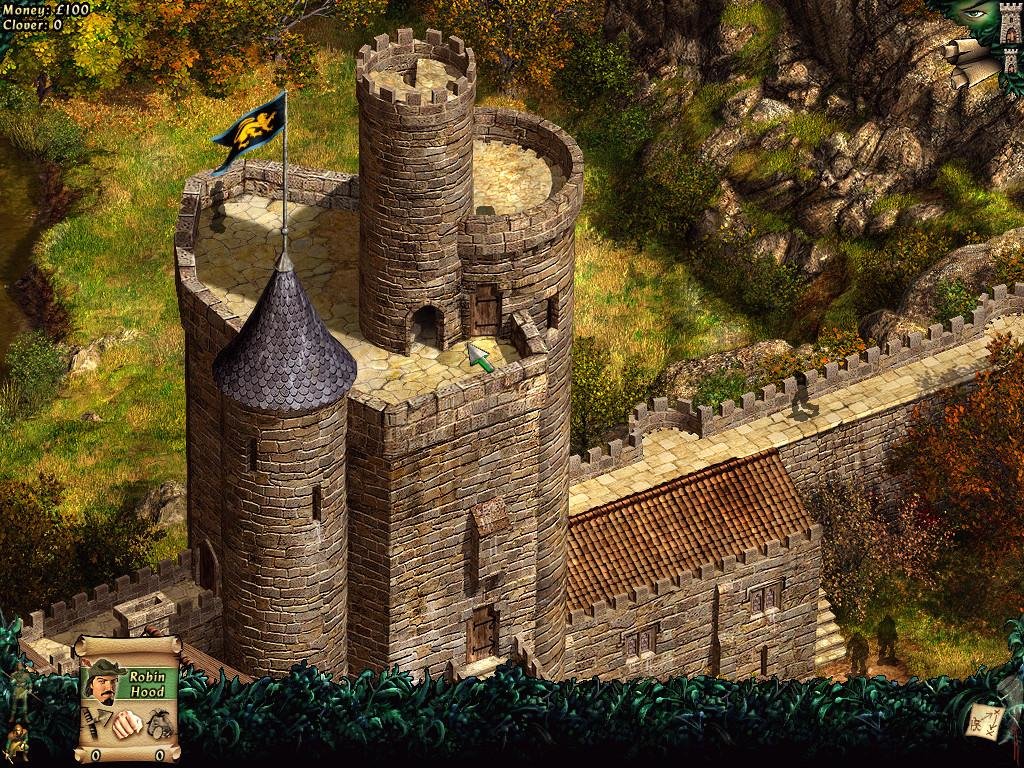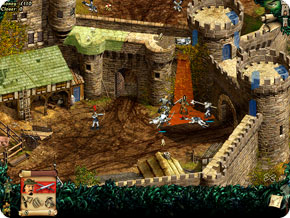

Unfortunately, that's largely where the plaudits end with Robin Hood.
#DOES ROBIN HOOD THE LEGEND OF SHERWOOD NEED A KEY CODE SERIES#
Even if this doesn't appeal to you, the scene is well-paced and well-structured, with physical humour and slapstick that builds and escalates to a series of fitting punchlines, mostly at the expense of John or Sir Hiss.

There is something inherently funny about a chicken with a Scottish accent beating up half a dozen rhinos and then running off into the woods. The film also possesses one really funny set-piece, which occurs during the archery tournament. For those only familiar with the basics of the story, it earns a pass on this level, just as any version of The Hound of the Baskervilles might be praised so long as it's set on Dartmoor and has a lot of fog.

The story is still set in Nottingham, our heroes are still reacting against King John's punitive taxation, Richard the Lionheart is still off fighting the Crusades, and John himself is still a pitiful coward. But Walt Disney overruled Anderson early in production, believing that a fox would not make an appealing protagonist unless he was fighting for a good cause.ĭisney's version does include many of the most familiar and much-loved plot elements of the Robin Hood legend. Ken Anderson originally wanted to make a film about Reynard the fox, an anthropomorphic trickster prominent in medieval European literature. This is complicated further by the knowledge that Robin Hood was not originally intended to be about the character at all. The point here is that all the usual arguments about Disney being economical with the truth are perhaps not as valid here, given that the truth is so elusive to begin with. But the earliest versions of his story date back to 1450, with the only vaguely consistent elements being the Nottingham setting and the Sheriff - frankly, everything else is up for grabs. Most of the 20th century versions of Robin Hood are derived in some way from Howard Pyle's The Many Adventures of Robin Hood, a Victorian children's book which cemented our hero as a localised philanthropist. The Disney version of Robin Hood is like many of its companions: it realises some of the story's potential, but there are plenty of missed opportunities along the way.īefore we begin examining the narrative merits of Robin Hood, it's worth remembering that the mythos of this famous outlaw is rather fluid. Even the classic versions with Douglas Fairbanks or Errol Flynn come up short in some capacity. Robin Hood: Prince of Thieves is at turns tedious and over-the-top hilarious, depending on whether Kevin Costner or Alan Rickman is on screen. Ridley Scott's Robin Hood made a good fist of medieval English politics but was let down by a lack of focus and Russell Crowe's wandering accent. In my review of Avatar, I spoke about how American filmmakers have historically struggled to do justice to certain kinds of stories, namely "stories about American settlers encountering natives, and stories about Man destroying the environment." American filmmakers have also traditionally struggled when it comes to tackling distinctly British stories, of which the legend of Robin Hood is a prime example.


 0 kommentar(er)
0 kommentar(er)
